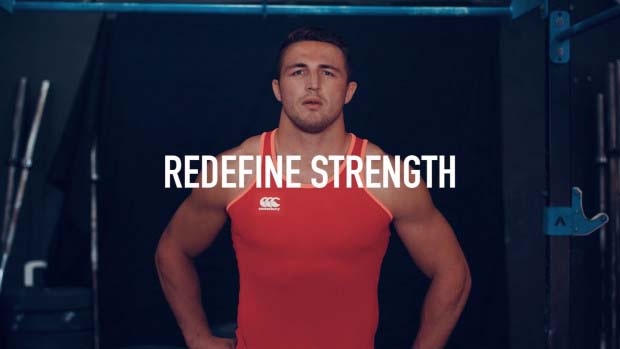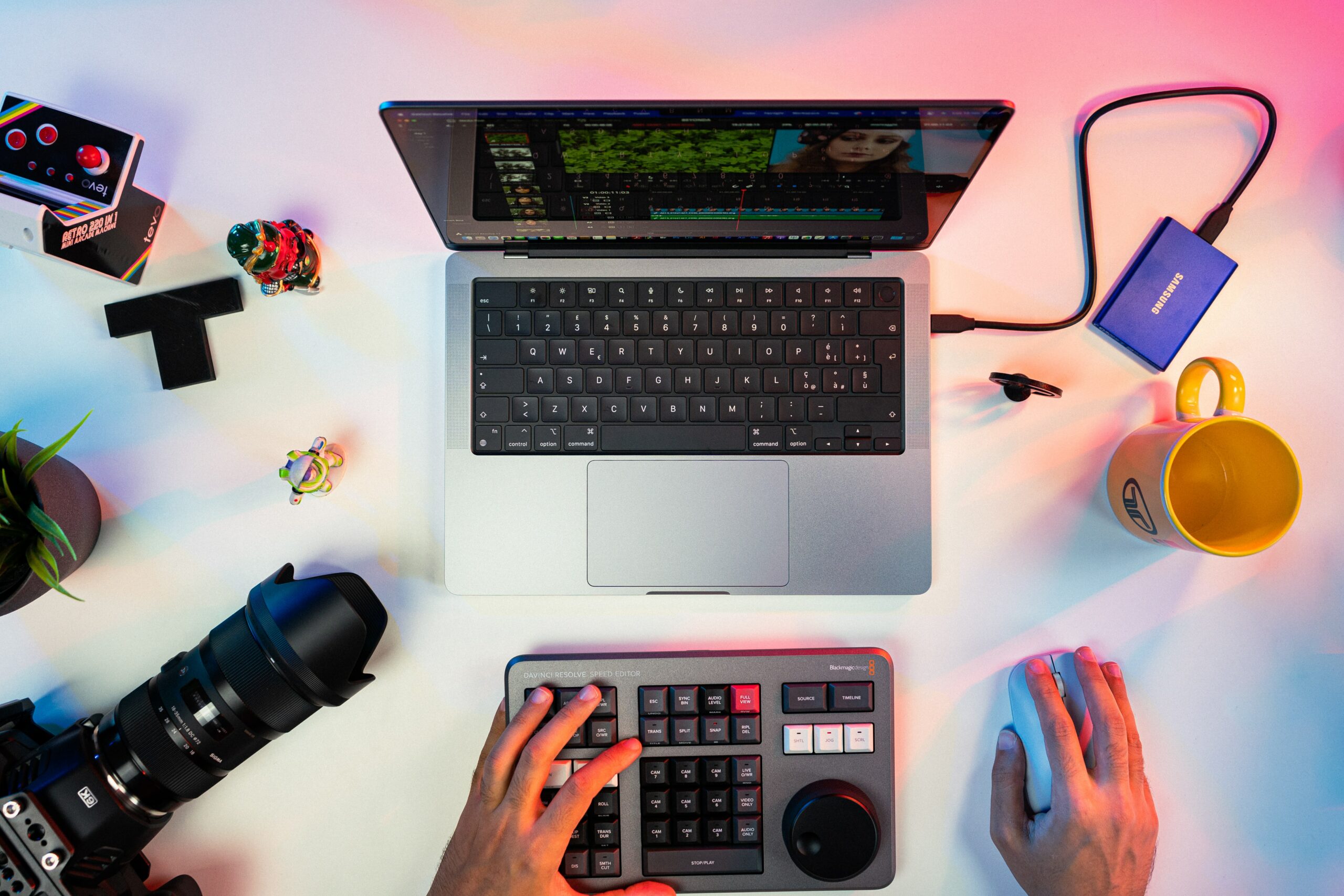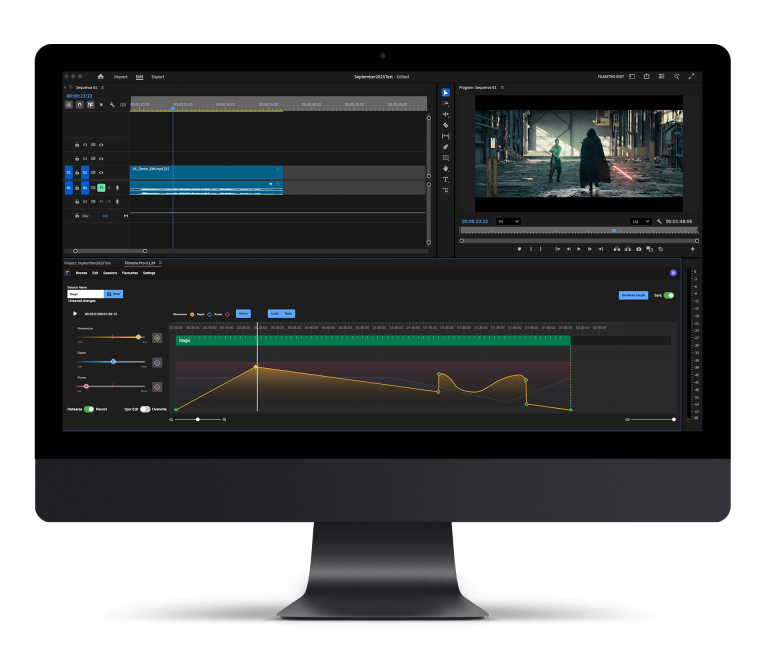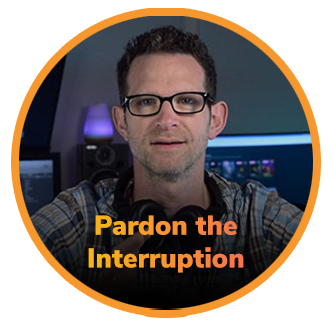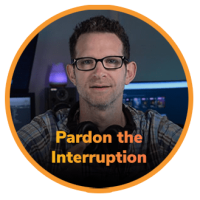“Your very first client is the hardest and most important step in your career.”
Andrew Barnes is a one-man band running Geagle Productions, a boutique video production company in the Eastern Suburbs of Sydney Australia. Having grown up on a farm in a small town of 500 people he’s now running a successful video production company and has over 10 years of industry experience under his belt. We caught up with Andrew to find out about how he handles his business and what advice he has to give to young companies coming up in the video production game.
Why did you choose this career path?
I have always been interested in the visual arts and more excited by advertising/promotional videos rather than films. I think the explosion of online video was definitely a big help in my decision. Inspiration and resources were there 24 hours a day and seeing amazing work from around the world was a big draw card to make the jump. It’s definitely a labour of love and I am lucky to enjoy a job that also pays the bills. It’s also a job that allows you to improve your art every time you enter a new project. Every shoot you go on, you develop into a better shooter. I would have to say as a single operator, my communication with client and talent has greatly improved. Having the confidence to go into meetings/shoots and fully back your ability is something that has grown with time.
Could you tell us how you would generally operate on one of your commercial/corporate jobs?
I used to spend a lot of time with pre-production and storyboards. I quickly learnt that as a single operator this did not work for me. Not being able to always location scout meant that I was storyboarding blind and I would find the visuals would change greatly once I started shooting. It was time redundant.
Now I try to get a detailed brief from clients as to what the messages are they want to portray, as the majority of my work is commercial. I will pitch back ideas on how I see the production going and the best outcomes. Once locked in, and if it is a testimonial piece, I always like to go over the questions with the client and re-write to gain the best answers. Working in news with journalists, I picked up how to draw the best answers from talent.
Once shoot day arrives I like to arrive early. Being a sole-operator I have to do a lot of talking and setting up at the same time. I really like to make the client and talent completely comfortable before shooting begins. It always results in a better product. A lot of commercial shoots need to be completed quickly as the talent is usually time-poor. This sometime creates issues so I work as efficiently as possible without the product being diluted. Once the shoot is complete I will dump my footage onto two hard drives and keep the vision on my cards until the next job. I am paranoid of losing footage! Once I have all my material, and I have a good grasp of the look and feel I am going for, I will head to the stock music library (check out Filmstro’s royalty free music library). It sometimes can be a very long process but it is just as important as the vision. Poor music choice will ruin a good video any day of the week. After delivering the first edit to the client, I await feedback and changes and make sure I have as much communication with the client as possible to get the final product they are happy with.
Could you tell us more about the equipment you use and your post-production process?
I am currently shooting on the Blackmagic URSA Mini 4.6k. I am amazed every time I use this camera because of the quality of image it provides. The first project I shot on the Ursa Mini was a tourism piece – Discover the Riches – which was picked up by Blackmagic and used on its online gallery page as part of the company’s marketing, which I am extremely proud of. Geagle Productions now attracts national and international clients, something which has happened in a short space of time. I also own a Phantom 4 Drone and Osmo which offer flexibility to my shoots.
Being a self-shooter and travelling a lot, I need to be stream-lined with my equipment. I use Canon lenses, 17-40mm, 50mm and 70-200mm; a Sachtler Ace Tripod which is nice and light; Lightpro LED panels which are fantastic for my work; Sennheisser wireless lavier microphones and a Rode NTG2 shotgun microphone.
With the Blackmagic URSA Mini I try to shoot at 400 ISO at all times as I find it has the sweetest spot for my lenses with good dynamic range and low noise. I try not to shoot wide open on any of my lenses to keep the image as sharp as possible. I always shoot in Blackmagic film LOG and preview with URSA Mini 4.6 LUT or load in a specific look I am going for.
I think a lot of people have a similar workflow to mine. I use Premiere Pro CC for my editing and do the round trip to Davinci Resolve Studio for my colour grading. Resolve is an amazing piece of software and for me, its colour power can’t be matched. I have to be organised with my folder structure and stay on top of my work-flow. I will generally edit the footage, colour and export a version for After Effects to create the graphics and send my audio to Audition. I have learnt that when I am happy and think I have finished an edit, I need to go for a walk or get a coffee and come back to it. It is amazing what fresh eyes will find!
As a one-man band, how are you networking and finding new clients?
Being by myself, it is really hard to find the time to network. I truly believe that as long as my work is still of a high quality and my professional manner is maintained that my client base does the work for me. I have never advertised or cold called businesses. All of my work has come from recommendations or repeat client work. 2016 was a big year for me with some really high profile clients so I guess it just takes time to get your name out there. As for advice – always have a backup plan. You need to be realistic about the fact that you may go two weeks or two months without a job. Be prepared to work in bars, pack boxes or anything that will allow you get that next job. I would also recommend only purchasing equipment within your budget and client base. I laugh now at some of the gear used when I was starting out. As my client base grew, so too did my camera kit and I’m now at a point where I am really happy with the gear I have (but there’s always room for some Zeiss super speed lenses…they might be 2017’s purchase!). Most of all, be patient and stick with it, don’t break any trust with a client and focus on continuing to get better.
What advice would you give yourself from 10 years ago or anyone else starting up their own production company?
Be patient and don’t take client changes to heart….. ha!
Your very first client is the hardest and most important step in your career. I would recommend keeping your ears open at all times; clients can come from a casual conversation, a friend or a family member. Even a chance meeting on the train. There is so much need for online video today that chances are somebody in your circle will want or know someone who wants a production tasked. As exciting as it is talking to your first potential client remain calm, confident and back your abilities. Don’t ever overpromise or under deliver in your career and you will see your client base slowly increase. Enjoy the ride!
You can see more of Andrew’s work and find out more about Geagle Productions here.


